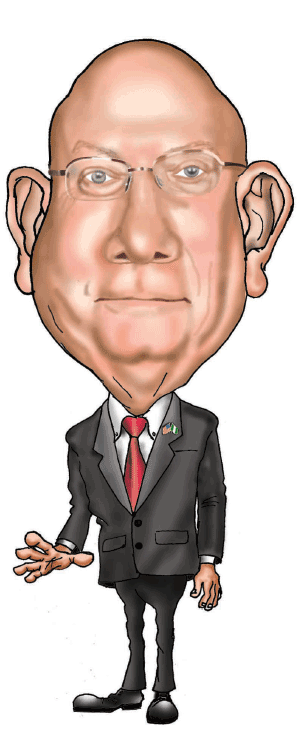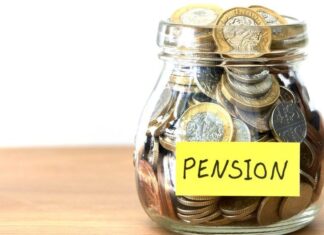The United States Ambassador to Nigeria, JAMES ENTWISTLE, writes that Nigeria has well in the effort to fight the deadly ebola virus disease…
The United States of America (U.S.A.) has been proud to work closely with the Federal Government of Nigeria and the governments of the affected states to fight the deadly Ebola Virus Disease (EVD). Nigeria must sustain this coordinated response, and we pledge to continue our support, along with other international partners and global health organisations, until the disease is defeated.
Our thoughts are with the families who have lost loved ones and all those who have been affected. Health professionals are often at the front lines when infectious diseases erupt, and Nigeria has suffered losses – courageous doctors and nurses who lost their lives in the line of duty. They helped prevent a catastrophic pandemic, and we honour them for their dedication and professionalism, along with the many healthcare professionals who continue to put their personal safety second in service to their fellow man.
I recently visited the Emergency Operations Centre (EOC) at the Central Public Health Laboratory in Yaba, Lagos, and was greatly impressed by the response team led by the incident manager, Dr. Faisal Shuaib, and personnel of the Federal Ministry of Health, the Lagos State Ministry of Health, the World Health Organisation (WHO), United Nations Children’s Fund (UNICEF), Medecins Sans Frontieres (MSF), and my colleagues from the U.S. Centers for Disease Control and Prevention (CDC). They have done, and continue to do, remarkable work. Their combined efforts led to increased awareness of the EVD by the general public, well equipped health facilities that provide good care, and thorough contact tracing – all elements that remain critical to containing and wiping out the EVD and other infectious diseases.
Unfortunately, there are no tested and approved drugs or vaccines to mitigate the virus. Strict protocols must be observed when new treatments are being explored. Any use of an experimental drug must be approved by WHO and administered under a patient-physician agreement. It has been widely reported that small experimental doses of a drug called ZMapp were made available to a few EVD patients – two Americans, one Spanish citizen, and three Liberians – some of whom were first-line healthcare workers fighting the Ebola outbreak.
Some of these patients have recovered and been released from care, but two of them lost their lives despite the experimental treatment. As medical experts have made clear to us, there is no way to immediately connect the patients’ respective outcomes to the vaccine; far more data is needed before we know whether the vaccine had any efficacy whatsoever. What we do know is that access to quality care and treatment makes the difference as to whether or not a patient survives.
While there has been unimaginable loss of lives in Guinea, Sierra Leone, and Liberia, early testing and treatment has produced good results in Nigeria and must be continued. Seven EVD patients who received care have recovered, which underscores the importance of timely action.
Health professionals are providing full-time care to help patients fight the virus. This is why it is important to continue monitoring individuals who have been in contact with infected patients and offer them immediate care if they have developed any EVD symptoms. Rapid response is critical to contain infections and help save lives. The system in place for Lagos works, and was quickly redeployed to Port Harcourt when a case was reported there.
Even after this immediate threat of Ebola has passed, we must remain vigilant to maintain and strengthen the structure put in place to combat it, so that we will be better prepared to deal with any similar outbreak that may occur in the future.
The U.S. Government takes the Ebola threat very seriously, and we are fully dedicated to working with our governmental and non-governmental allies to respond to this crisis and prevent its spread. We have been engaged in fighting this outbreak since March when the cases were first reported. We have expanded our efforts and increased our number of expert personnel in the region over the last several weeks in response to the growing severity of the outbreak.
We encourage all individuals who think they are or even might be affected by the Ebola virus to seek immediate professional medical help. This is critical to helping all of us save lives – including our own and those of the people we love.
We can and will defeat Ebola, but we must all work together to succeed.














